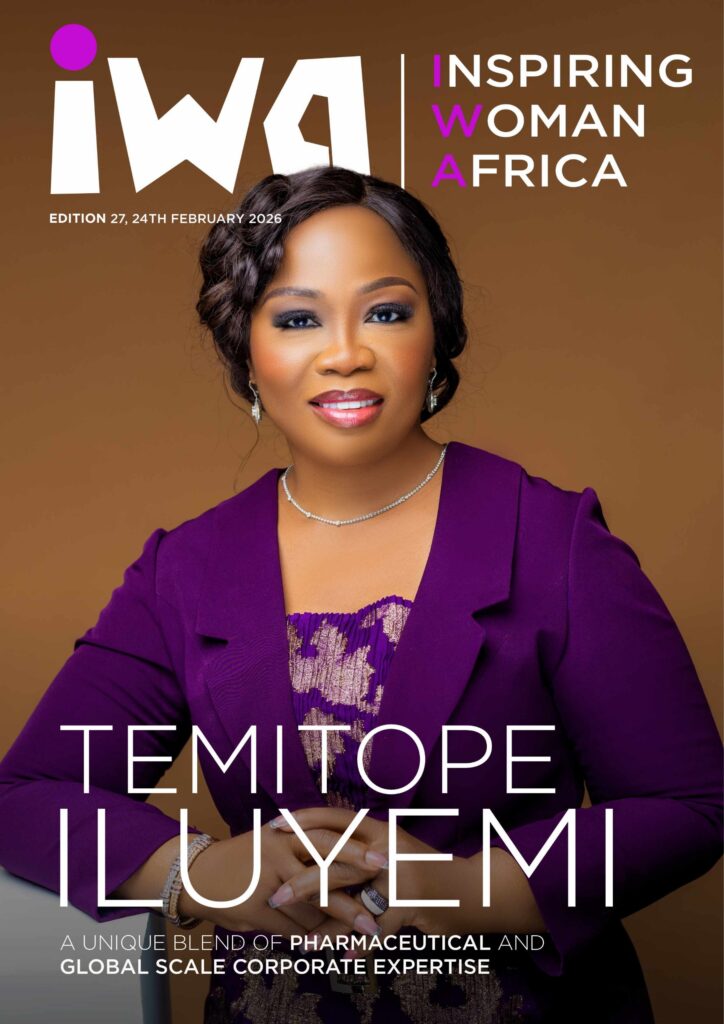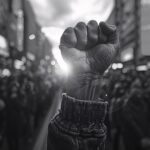
This year marks a historic milestone 25 years since the adoption of the United Nations Security Council Resolution 1325 (UNSCR 1325) on Women, Peace, and Security (WPS). Adopted in October 2000, the resolution recognised, for the first time, the unique impact of conflict on women and the critical role they play in conflict prevention, peace-building, and post-conflict reconstruction. For Nigeria, a country that has grappled with prolonged insecurity, violent extremism, and humanitarian crises, the 25 year commemoration provides a defining moment for reflection, renewal, and recommitment.
Civil-society organisations (CSOs) in Nigeria have been at the forefront of translating the spirit of UNSCR 1325 into tangible action. Since the launch of Nigeria’s first National Action Plan (NAP I) in 2013 and subsequent NAP II (2017–2020), Nigerian women have made visible gains in participation and leadership within the peace and security architecture.
From the Women Peace and Security Networks operating in conflict-affected states, to the National Women’s Platform on Security Sector Reform and Governance to the Gender and Security Reference Group, CSOs have played a catalytic role in awareness raising, capacity building, and policy advocacy. The adoption of State Action Plans (SAPs) in over 20 states is a direct outcome of sustained civil society pressure for localization, ensuring that UNSCR 1325 is not just a policy on paper but a lived framework that responds to local realities.
Equally significant are the partnerships built between women’s groups, traditional leaders, and security institutions to promote dialogue, counter gender based violence, and improve early warning systems. In regions such as the North-East, where women once bore the brunt of insurgency, they now serve as peace mediators, humanitarian responders, and community gatekeepers.
Despite these strides, the implementation of UNSCR 1325 in Nigeria remains uneven and often donor-driven. Many State Action Plans lack dedicated funding and institutional anchorage within government structures. The transition from NAP II to the current NAP III (2025–2030) has exposed systemic weaknesses, particularly the absence of a clear accountability mechanism and insufficient integration of WPS priorities into national security and development plans.
Monitoring and evaluation are still weak, with data collection on women’s participation, sexual violence in conflict, and gender-responsive budgeting remaining sporadic. Furthermore, the shrinking civic space, persistent insecurity, and socio-cultural barriers continue to undermine women’s leadership in peace processes. CSOs note that while policies exist, implementation often falters due to limited political will, bureaucratic inertia, and inadequate collaboration between federal and state institutions.
Localisation remains the most effective strategy for bridging the gap between policy and practice. The experiences from Yobe, Plateau, Borno, and Adamawa States have shown that when communities own the WPS agenda, impact deepens. Localising UNSCR 1325 through State and Local Government Action Plans have enabled tailored responses, integrating women’s perspectives into local peace committees, traditional justice systems, and community based early warning networks.
As CSOs actors, we advocate that the next decade of UNSCR 1325 implementation in Nigeria must prioritise bottom up approaches, ensuring that rural women, displaced populations, and grassroots peace-builders are fully engaged as partners, not beneficiaries.
The Role of Government and Accountability
The Nigerian government must move from rhetoric to responsibility. Institutionalising WPS within the national security and development frameworks such as the National Development Plan 2021–2025, the Agenda 2050, and the National Gender Policy, which will ensure policy coherence.
Ensure dedicated budget lines at both national and state levels, gender-responsive financing, and a permanent Gender and Security Coordination Mechanism within the Office of the National Security Adviser (ONSA) are critical to sustaining momentum.
Additionally, the government must strengthen partnerships with CSOs, the private sector, and development partners to ensure that UNSCR 1325 is implemented not as a donor obligation but as a national priority. Transparent tracking of commitments, regular reporting, and inclusion of women in high-level peace negotiations are essential for credibility.
CENGAIN, alongside other CSOs have advocated for dedicated budget lines for WPS implementation, stronger monitoring systems, and periodic reporting to ensure transparency. The government’s partnership with civil society must evolve into a genuine co-implementation framework, one that values community intelligence and recognizes women as co-architects of peace, not mere beneficiaries.
CENGAIN’s interventions have particularly emphasised the need to integrate gender perspectives into security sector reform and to build inclusive frameworks for protection, prevention, and participation. Its work has supported the localization of the WPS Agenda, enabling communities to translate global commitments into actionable local policies
Recommendations
1. Adopt and fund the 3rd National Action Plan (2025–2030) with clear targets, indicators, and accountability mechanisms.
2. Institutionalise WPS in governance structures, including the National Assembly Committees on Defense, Interior, and Women Affairs.
3. Support State and Local Action Plans with technical assistance and budgetary allocation.
4. Enhance coordination among government MDAs, security institutions, and CSOs through a multi-sectoral WPS Steering Committee.
5. Invest in data, research, and monitoring to measure women’s participation and the gendered impact of insecurity.
6. Strengthen survivor centered approaches to conflict related sexual violence and ensure access to justice.
In conclusion, as Nigeria joins the global community to commemorate 25 years of UNSCR 1325, the message is clear, peace is sustainable only when women are included. As civil society voices, we call for a renewed national commitment, one that shifts from policy statements to measurable action, from token inclusion to shared power. The next 25 years must move beyond commemoration toward consolidation, where women’s leadership is not exceptional, but essential to Nigeria’s peace and security architecture.
Dr. Asmau Benzies Leo is a development practitioner with extensive national and international expertise in gender equality, peace-building, governance, and humanitarian action. She holds a PhD in Public Governance and Leadership, a Master’s degree in Conflict Management and Peace Studies, and executive certifications from leading institutions including Howard University, Harvard University and Glasgow Caledonian University. As Executive Director of the Centre for Non-violence and Gender Advocacy in Nigeria (CENGAIN), she has led ground-breaking advocacy initiatives on women’s political participation, gender-based violence prevention, and security sector reform across multiple World Bank, UN and EU-supported projects.
Latest Posts
-
Feb 24, 2026 Busie Matsiko
-
Feb 24, 2026 Seven Money Moves to Make Today






